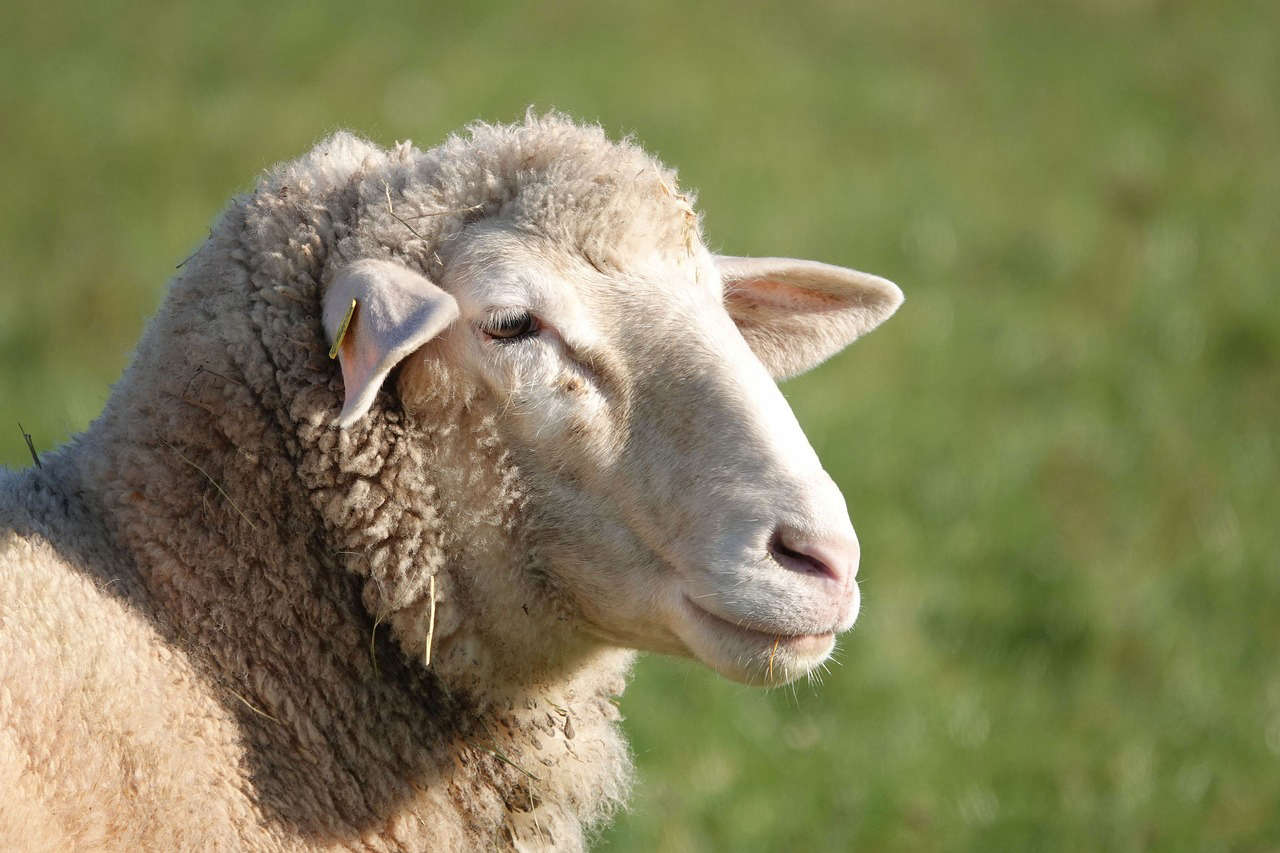
'We should be celebrating British farming', meeting told
Speeding up the planning process, promoting locally produced food and providing more low-cost housing have been highlighted at a public meeting on agriculture as ways in which North Devon Council can help the farming industry.
At the meeting at Petroc College, one of three events focusing on issues organised by the council’s policy development committee, it was claimed that farmers have to wait months for their infrastructure and environmental schemes to be approved when timescales are tight to meet regulations and cashflows are a problem.
And farming representatives said the rug is being pulled from beneath farmers when the industry should be celebrated.
Food is the “cheapest it had ever been” but there were claims that the average income for lowland beef and sheep farmers stand around £23,000 and it is causing many to give up or suffer in silence.
People may have to start paying more for food, the meeting was told.
Farmers requested council help, including rural housing, to encourage young people to enter the industry.
Panellists included representatives from the NFU, North Devon UNESCO Biosphere Partnership, Mole Valley Farmers, the Exmoor Hill Farming Network and local land agents.
Cllr Liz Bullied (Con, North Molton) said farming is going through the biggest transition since the second world war and there is confusion and uncertainty over new financial support.
The meeting was told that a plethora of grants are replacing the basic payment scheme for farmers which had been topping up their income for nearly 20 years.
The focus is now on protecting and improving the environment, whilst increasing food production.
Initiatives like a countryside stewardships’ scheme, sustainable farming incentive and farming investment fund are open to farmers and land managers, but businesses would have to make changes to make the most of the opportunities.
“Those who want to do what they have always done, like some of the older generation farmers, may suffer,” the meeting was told.
Georgeham farmer Andrew Cook said the government had encouraged him to diversify and he is creating a wildlife area, but he started the planning process in November and it had still not reached the district council.
He said financial assistance he had applied for would be spent on administration, surveys and planning, not the project itself.
Others talked about planning applications getting stalled and farmers at risk of being closed down by the Environment Agency if they don’t achieve the “tight timelines” to put in infrastructure.
Farmer and councillor Robin Milton (Ind, Bishops Nympton) said the government should give 100 per cent tax relief to farmers looking to build slurry stores and other projects which would reduce pollution from their farms.
Farmers said cheap imports are having a devastating effect on the industry and although food standards in the UK are claimed to be higher than the rest of the world, “proud and resilient” farmers are not getting paid enough for their products.
Deputy chairman of the Devon National Farmers Union David Chugg said subsidies to farmers gave the wrong impression: “If you ask any farmer if they would sooner have a support payment or a good price for what they produce, I know what they would say.”
Mr Chugg said a stumbling block to encouraging young people into farming is the lack of affordable homes.
He said his family was involved in a local development of 12 homes that included two low cost starter homes and two for rent and a financial contribution to the community.
“It does frustrate me that large developers’ housing estates are supposed to put in a percentage of affordable housing, but then they do a viability assessment and the say it’s not viable. They are getting away with it.”
Cllr Milton urged everyone at the meeting to send a response about rural local housing when the local plan, a blueprint for future development, comes up for review shortly.
“The most significant problems with developing local plans is the lack of people responding to the consultation. This is your opportunity, make it vocal, make it clear and as councillors we will have to sit down and listen.”
Council chief executive Ken Miles said both North Devon and Torridge councils supported community land trusts which are non- profit making organisations that own and development land for the benefit of the community, with 100 per cent affordable housing.
He said the authority could make shopping locally more attractive to people, supporting local campaigns through its social media and communications channels.
“We should be throwing our way behind local campaigns more than we do,” he said.
Farmers were encouraged to apply for every grant going, including the Rural England Prosperity Fund which is open to small businesses for farm diversification projects and net-zero infrastructure, growing the social economy and innovation.
Grants from £2,500 to £35,000 are available, with match funding of up to 20 per cent needed from the business. It can be applied for through North Devon Plus, which also offers other financial help and support to farmers.
Mr Miles added that whatever colour government is in power after the general election, it doesn’t stop the council lobbying on points from the meeting.
The next subject of a public meeting will be dentistry.
 Devon heroes recognised in King's New Year's honours
Devon heroes recognised in King's New Year's honours
 Devon darts star reaches quarter-finals of World Championship
Devon darts star reaches quarter-finals of World Championship
 Kate Bush ‘heartbroken’ after friend lost at sea
Kate Bush ‘heartbroken’ after friend lost at sea
 Police investigate unexplained death near Chudleigh
Police investigate unexplained death near Chudleigh
 Major Devon to London rail disruption
Major Devon to London rail disruption
